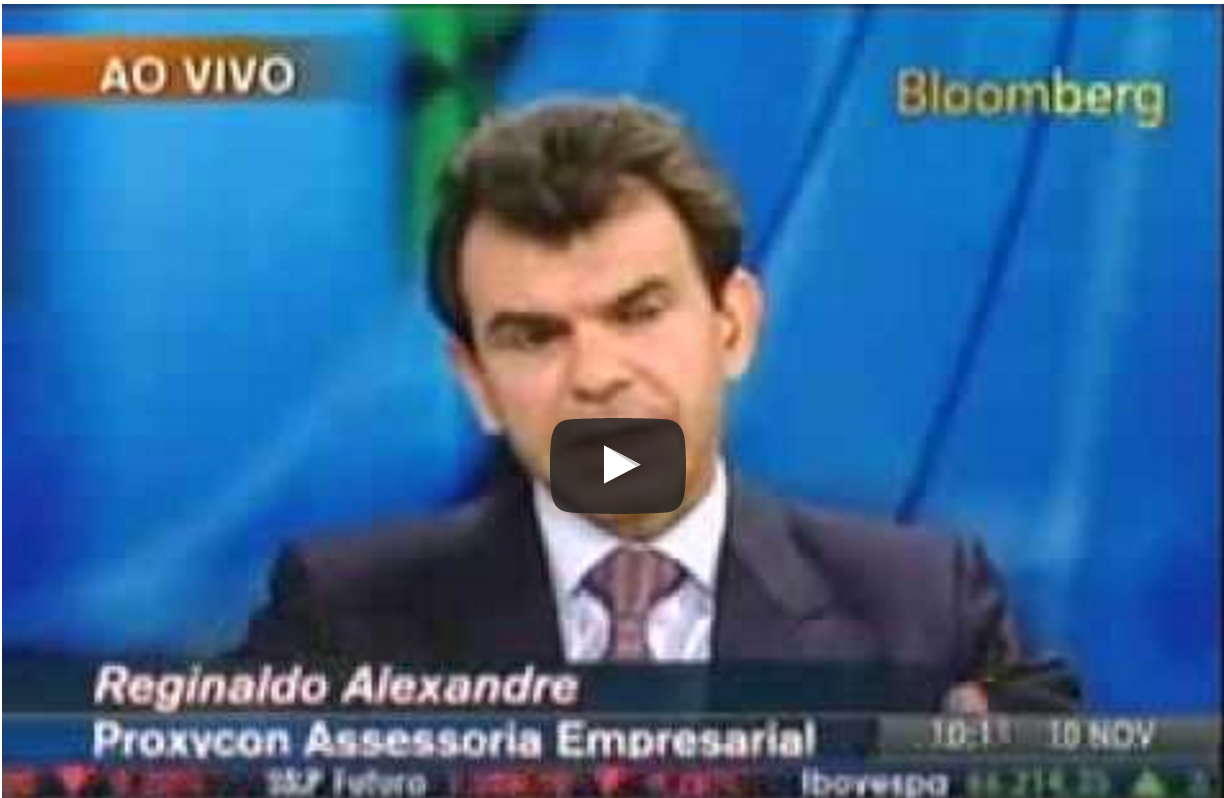To deny the advances of international accounting standards is to remain trapped in a past that is worse than it appears
A crazy idea animated Don Quixote in his wanderings by La Mancha: to resurrect a past overshadowed and remote – that maybe had never existed – in which the adventurers traveled the world, helping the weak, repairing injustice and doing good. It is with this willingness of going back to an era that no longer exists that some have seen the adoption of international accounting standards (or IFRS, international financial reporting standards) in Brazil. The world, however, goes on, requiring solutions more complete and complex and, at the same time, that are able to meet requirements of transparency and broad scope of use. IFRS have been adopted by more than one hundred countries.
The entire developed world uses them, with the exception of the United States, which, however, may embrace them soon. The international standards setter, IASB, and the similar North American, FASB, are seeking a convergence between the two systems.
The increasing international integration of Brazilian capital markets imposed the convergence of the local accounting standards to those practiced from abroad. This progression has become essential, among other reasons, to avoid the situation of the same financial reality being expressed by two accounting representations (one according the Brazilian, and another, according to the U.S. or international accounting standards), distinct and capable of causing some errors of interpretation.
The problems of the previous local accounting standards were not limited to the need to reconcile and explain these differences, but extending to several other aspects. Analysts and other users of financial statements did not have even company´s cash flow statements available. They were forced to reconcile data from different sources in order to get information by segment of activity of companies, almost always without obtaining reliable values.
Fair value was a distant concept: the need for periodic verification of the maintenance of the economic substance of the assets did not exist. There were also problems with the measurement of liabilities and revenue recognition. The form wrongly prevailed over the essence. Fundamental quantities and financial flows appeared uncharacterized in the balance sheets and income statements of companies.
These are just a few examples of dysfunctions which are not always evident because of the indulgent view we normally have at the past. There is a bit of Don Quixote in all of us. The old standards, formal and rule-based, did not have the characteristics of completeness, understandability, reliability and comparability required by globalization. That opacity of financial statements was costing dear to Brazilian companies and also to their borrowing abroad, because the price of money always rises when the perception of risk increases. It is better to qualify for the new standard and talk a language that the lender and the investor understand.
There is no cause to regret the glorious dead. Either we adopt the new system or we would be against the global trend. It is now appropriate to replace this nostalgia for firm action in defending our interests. International standards are an open system, based on principles and judgments, and are constantly evolving.
There are many improvements to be implemented in the coming years. Brazil can and should participate actively in discussions on these improvements, alone or through joint action with other Latin American countries, which would enhance their influence in future changes to international accounting standards.



 Economista, com vinte anos de experiência na área de análise de investimentos, como analista, coordenador, organizador e diretor de equipes de análise, tendo ocupado essas posições, sucessivamente, no Citibank, Unibanco, BBA/Paribas, BBA (atual Itaú-BBA) e Itaú Corretora de Valores. Atuou ainda como analista de crédito corporativo (Citibank) e como consultor nas áreas de estratégia (Accenture) e de corporate finance (Deloitte). Hoje, atua na ProxyCon Consultoria Empresarial, empresa que se dedica às atividades de assessoria e prestação de serviços nas áreas de mercado de capitais, finanças e governança corporativa.
Economista, com vinte anos de experiência na área de análise de investimentos, como analista, coordenador, organizador e diretor de equipes de análise, tendo ocupado essas posições, sucessivamente, no Citibank, Unibanco, BBA/Paribas, BBA (atual Itaú-BBA) e Itaú Corretora de Valores. Atuou ainda como analista de crédito corporativo (Citibank) e como consultor nas áreas de estratégia (Accenture) e de corporate finance (Deloitte). Hoje, atua na ProxyCon Consultoria Empresarial, empresa que se dedica às atividades de assessoria e prestação de serviços nas áreas de mercado de capitais, finanças e governança corporativa.